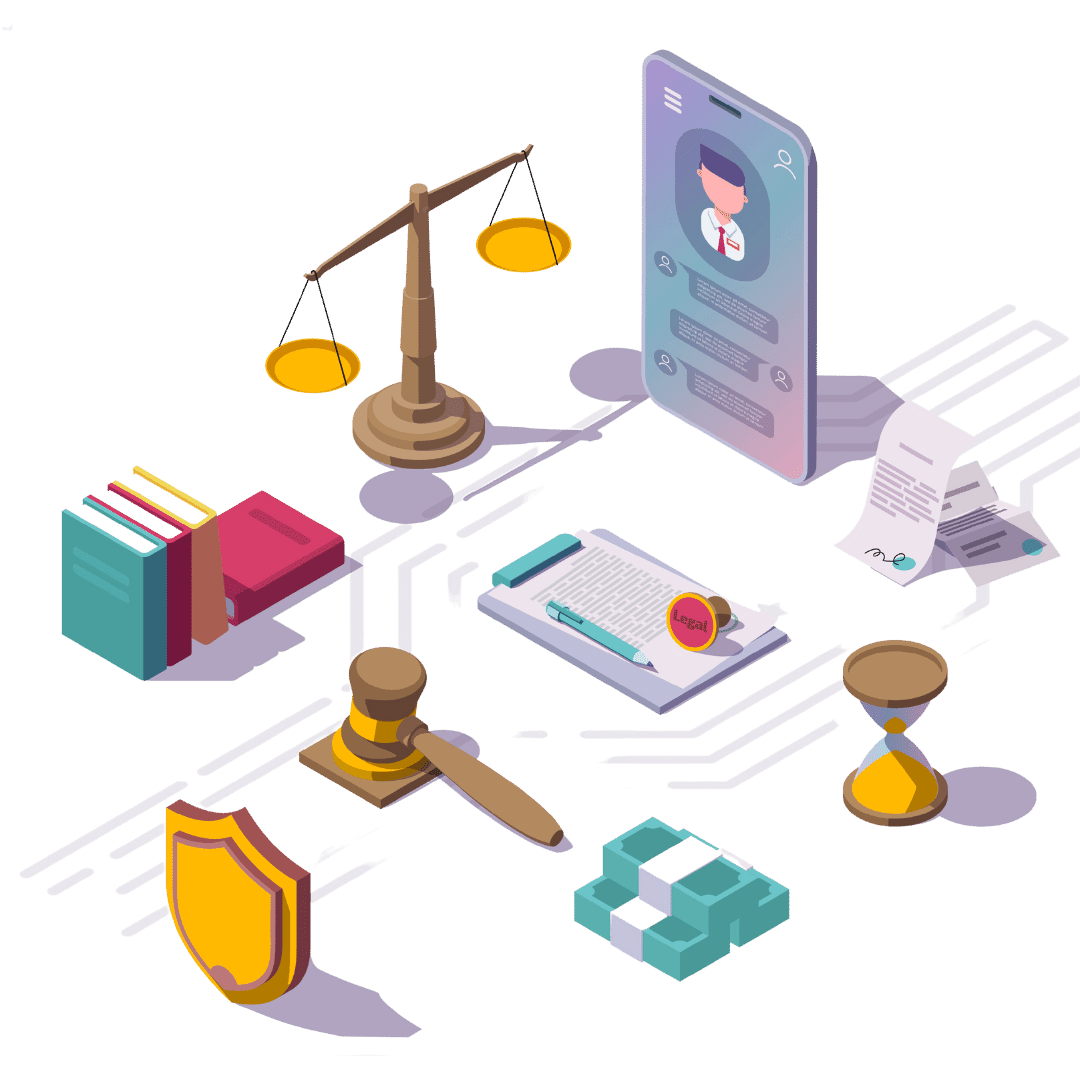Online Arbitration for Fintech
Fintech and Online Arbitration
A Perfect Fit for Debt Recovery
Online arbitration became incredibly popular during the 2020 COVID-19 pandemic, but even years later, more and more companies are still utilizing online services, including arbitration.
Fintech disputes are some of the most common in online arbitration because they’re fast, affordable, and will get a resolution without spending costly time and money in court. If you work in Fintech and are dealing with debts, online arbitration might be the solution you’re looking for if you’re dealing with debt recovery.
Why Fintech Companies Should Use Online Arbitration for Debt Recovery
Dealing with debt recovery isn’t always a smooth experience. Fintech companies can utilize arbitration to recover debt instead of going through the traditional court route. Keep in mind that if online arbitration is the choice of the Fintech company, the other party still must consent to online arbitration or online mediation for it to move forward.
There are several reasons why Fintech companies should utilize online arbitration for debt recovery, but these are the top few reasons.
Video Conferencing
With online arbitration, everything is handled online. Those at the Fintech company don’t need to take time out of their day to drive to lawyers’ offices or courthouses for arbitration. We will handle everything online via video conferencing. This way, both parties can attend the arbitration meetings without taking too much time out of their days.
Debt Recovery Automation
Automating much of the debt recovery process is one of the significant benefits Fintech companies will see with online arbitration. Debt recovery automation reduces the amount of manual work on all parties’ parts and will help streamline the process, making the entire operation faster than ever.
Our Arbitration Process
When dealing with debt recovery, you’ll want the process handled as quickly as possible but as professionally as possible too. Understanding how online arbitration works can help you better understand if it’s the right choice for your Fintech company. Here’s how our online arbitration process works at Rapid Ruling.
Submit Your Debt Dispute
The first step in online arbitration is submitting your debt dispute. You’ll want to gather all evidence possible, including photos, videos, documentation, etc. Once you’ve gathered everything that can help your case, upload all that information to our server and identify who the responding party is.
Wait for a Response From the Other Party
Once you’ve submitted your claim to Rapid Ruling, we’ll inform the responding party. We’ll reach out to them to let them know that you’ve filed a debt dispute and let them know how long they have to respond. During this time, there’s nothing else we need from you.
Our Arbitrators Will Review Both Submissions
The responding party can submit any evidence and documentation pertaining to your debt dispute once they’ve been notified. Once they’ve responded to the dispute and have submitted everything they wish to, our top arbitrators will review both submissions.
At this point, we’ll reach out if we need any further information and to set up an online arbitration meeting. We’ll do this in one of two ways. We’ll either utilize video conferencing technology to conduct a conference call.
Online Arbitration Call
We’ll contact both parties on the chosen date and time to conduct the online arbitration. Here we’ll ask any questions that need resolving that will help our arbitrators come to their resolution. These calls typically go very quickly because we already have the submissions of both parties.
Receive Your Resolution
From the date of submission to the date you receive your resolution is usually a few days to weeks. Online dispute resolution is known for being much faster than the court system, and our highly qualified and professional arbitrators will take more time addressing your debt dispute than overly busy judges.
All resolutions our arbitrators provide are legally binding and not just some decision made by an online source. All findings are legal and can be enforceable by law.
Utilize Online Arbitration for Fintech Debt Disputes
Debt disputes can be time-consuming and frustrating. Spending time and money to handle the case in court is a thing of the past, thanks to online arbitration. Fintech companies can utilize online arbitration for debt disputes to get a resolution within weeks, not months or years.
Alternative Dispute Resolution Blog
Read about alternative dispute resolution and how our online arbitration platform works.
What Is an Arbitration Panel?
I hear the same story from business owners all the time. A contractor in Florida signs a job, everything seems smooth, and then suddenly a disagreement over the contract terms pops up. Nobody wants to go to court, and most people do not want the costly
What Is a Binding Decision?
A binding decision is a ruling made by a neutral third party, such as a judge, arbitrator, or administrative body, that the parties involved must follow. In legal terms, it has the same weight as a court order. Unlike casual agreements or negotiations, a binding
Preventing Lawsuits in Joint Venture Agreements
Joint ventures (JVs) can be powerful tools for growth. Two businesses combine expertise, share resources, and expand into new markets. But for every successful real estate joint venture or international expansion, there are countless stories of deals falling apart



We Quickly Decide Disputes With Ease
Resolve your dispute with RapidRuling in 4 easy steps!
Begin your online arbitration or mediation, by visiting our eFile Portal, where you can submit your case.
The opposing party will receive notice from Rapid Ruling of the claim and shall respond within the time period, if any, specified.
The assigned Arbitrator will review the submissions and proceed to review the claim based on the Rules.
Your Arbitrator will issue an award within weeks of filing a claim, not years. This decision is legally binding and enforceable.







